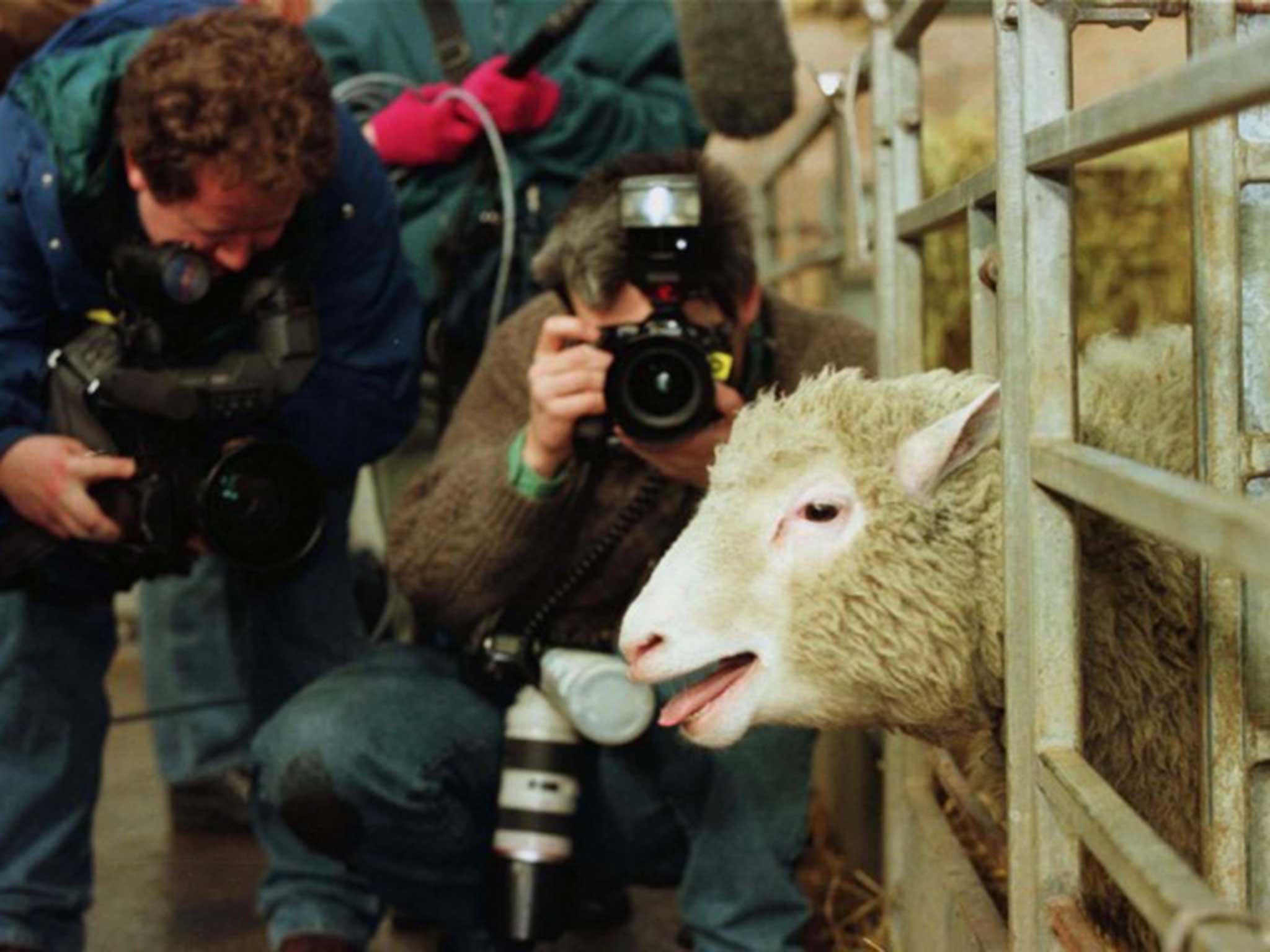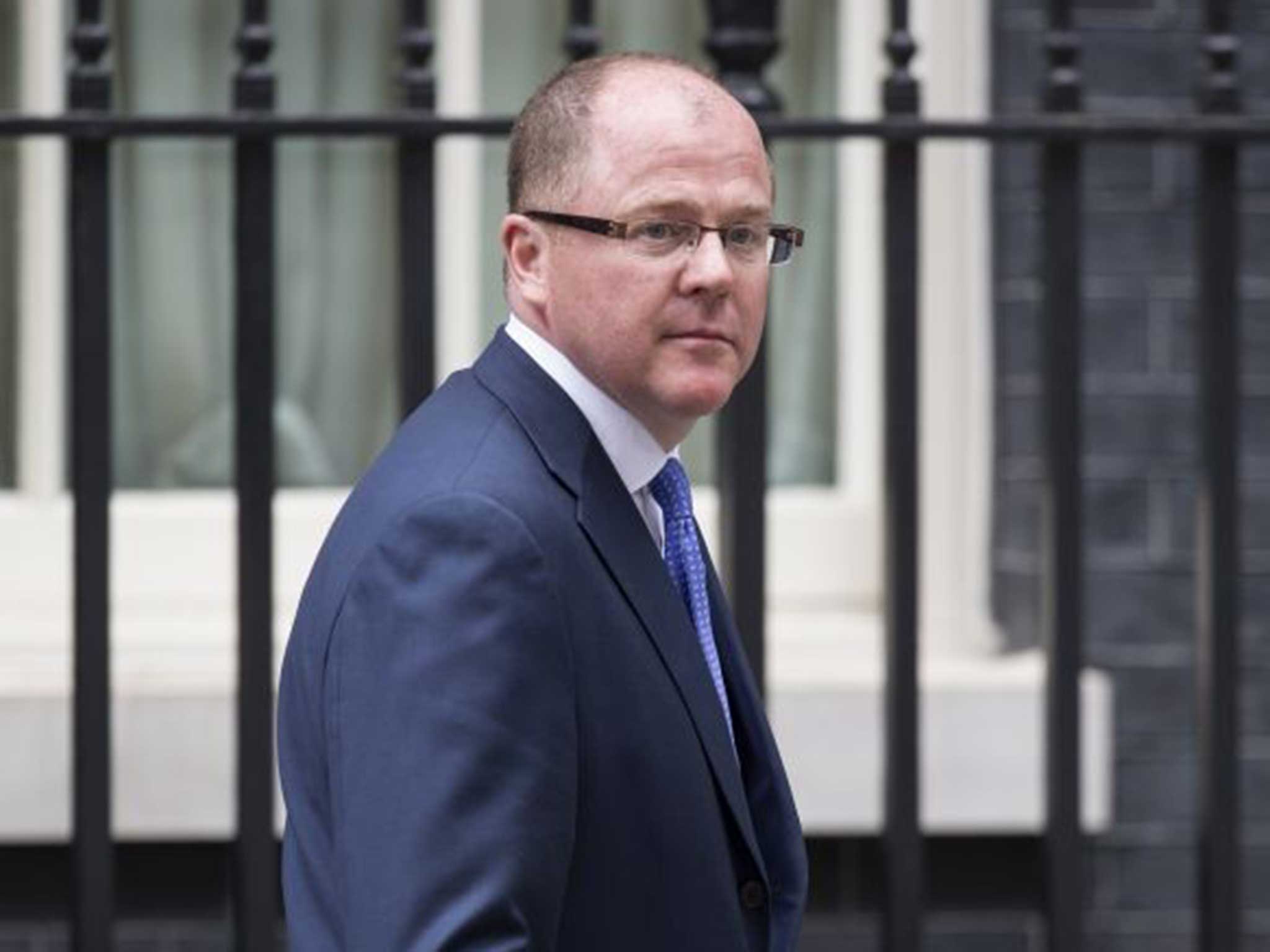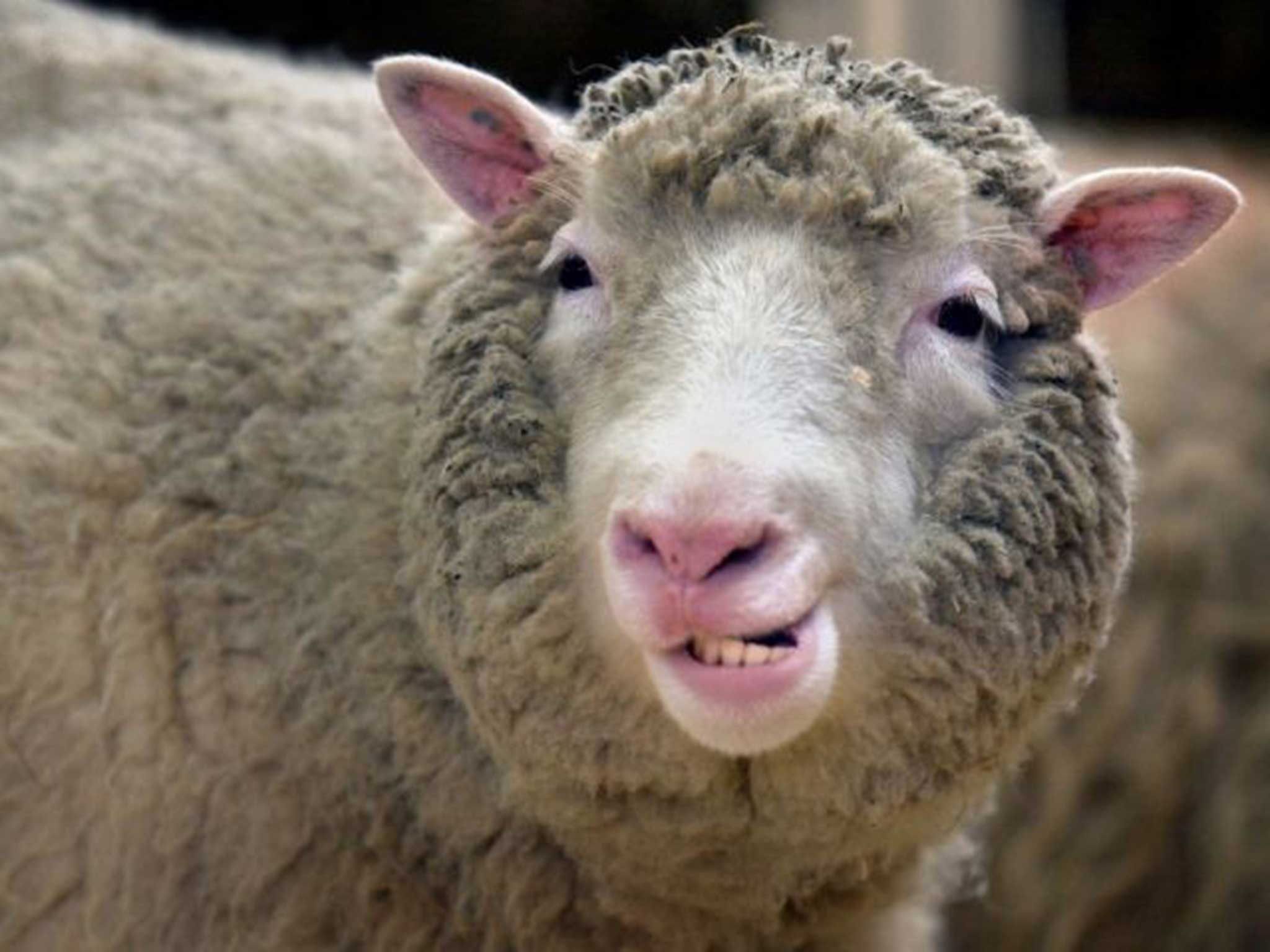Independence 'would damage Scotland’s edge in biomedicine'

Your support helps us to tell the story
From reproductive rights to climate change to Big Tech, The Independent is on the ground when the story is developing. Whether it's investigating the financials of Elon Musk's pro-Trump PAC or producing our latest documentary, 'The A Word', which shines a light on the American women fighting for reproductive rights, we know how important it is to parse out the facts from the messaging.
At such a critical moment in US history, we need reporters on the ground. Your donation allows us to keep sending journalists to speak to both sides of the story.
The Independent is trusted by Americans across the entire political spectrum. And unlike many other quality news outlets, we choose not to lock Americans out of our reporting and analysis with paywalls. We believe quality journalism should be available to everyone, paid for by those who can afford it.
Your support makes all the difference.Scotland’s reputation for scientific excellence in biomedical sciences, epitomised by the cloning of Dolly the sheep in 1996, will be significantly damaged if it votes Yes in the independence referendum on 18 September, a government minister will say on Monday.
Existing funding arrangements for research in the UK would not continue for an independent Scotland, which would hamper scientific collaboration with the rest of the UK, according to George Freeman, the new Life Sciences minister.
Biomedical research in Scotland enjoys a larger share of the national science budget in proportion to the size of its economy and it also benefits from substantial funding from UK-based research charities, which would have to be reconsidered if Scotland became independent, Mr Freeman will say.
“Scottish science and innovation makes a vital contribution to the UK’s world-class research base, bringing benefits for business and society as whole. However, our position has been made very clear to date on this important issue: if Scotland left the UK, the current framework for research could not continue,” according to Mr Freeman.

“All the evidence suggests that being part of the UK complements and strengthens Scotland’s world-class research base. Scottish institutions and researchers benefit from substantial funding, underpinned by a UK-wide tax base, with access to a nationwide network of world-class facilities and skills.”
Mr Freeman, Britain’s first Life Sciences minister, spent 15 years in the sector before becoming an MP in 2010. He was involved in raising finance for start-ups and was involved in developing the Scottish Life Science Strategy for the Scottish Executive in 2005-2006.
Earlier this month, the Royal Society of Edinburgh, Scotland’s national science academy, warned of a “continuing sense of uncertainty and unease” held by many researchers over how an independent Scotland would continue to fund scientific research within its borders.
Scottish universities and higher education institutes receive £257m from UK research councils, which is 13.1 per cent of the total government science budget compared with Scotland’s contribution of 8 per cent to the UK economy and 8.4 per cent of the UK population.

In addition, non-university institutions, such as Roslin Institute near Edinburgh where Dolly was cloned, receive UK research councils funding. Roslin received £8.7m from Biotechnology and Biological Sciences Research Council.
Sir Ian Wilmut, who led the Roslin team that made the Dolly breakthrough, is now chairman of the Scottish Centre for Regenerative Medicine in Edinburgh, a £59m facility that opened in 2011 to pioneer advances in stem-cell technology with funding from the Medical Research Council.
“Collaborations between Scotland and the rest of the UK have resulted in ideas with the capacity to change our lives. These exciting partnerships are a symbol of what can be achieved without geographical boundaries and the best way for research to continue to flourish in Scotland is together as part of the UK,” Mr Freeman will say.
Join our commenting forum
Join thought-provoking conversations, follow other Independent readers and see their replies
Comments